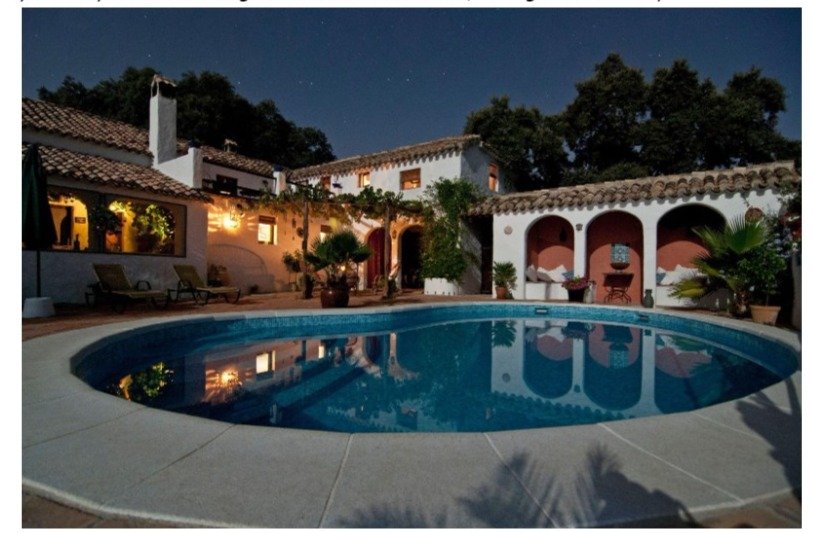
Understanding what it takes to buy rental property is crucial. Understanding the pros and cons involved in owning rental properties is essential. You need to consider who will live on the property, when it will remain vacant, and why.
Rent to Own
A rent to own rental property is a way to purchase a single-family home without having to pay the full price at once. It allows you to build credit and save up for a downpayment. It can help you avoid private insurance for your mortgage.

Hard money loans
Hard money loans are loans that are based upon the property's worth, not the borrower's credit history. This means that lenders consider both the property’s current value as well as its potential value after repairs. Hard money lenders are more likely to offer rental property loans at lower interest rates than other types of financing.
Owner-occupancy loans
Owner-occupancy loans are a great way diversify and earn rental income. These loans are usually issued at a higher interest rate and require a larger down payment, due to the risk that investors may default on the loan. These terms can be advantageous to real estate investors as they will be able fully to expense interest payments as a deduction from their taxes.
1031 exchanges
You might be interested in 1031 exchanges for rental properties. It's a great way of increasing your portfolio. The key to this strategy is to find a replacement property quickly. It means you have to identify the property within 45 days of selling your first property and you must close on it within 180 days. A smart property-finder tool is able to simplify the process. There are many rules you must follow.
Renting a single-family house as a rental property
Buying a single-family home for residential rental purposes has a number of benefits over multi-family properties. First, single-family homes are more spacious inside and out. Tenants with children and pets will find them more appealing. Single-family homes often have off-street parking and fenced yards which can make them more attractive to tenants. Single-family homes have the advantage of being more affordable that multi-family properties.

Budgeting for the entire process
Budgeting for the whole process of purchasing rental property starts with determining your monthly spending. This figure should take into account your monthly income, expenses, as well the costs associated with renting and maintaining a rental. Next, calculate the amount that will go towards rent and monthly expenses. It is important that you don't overspend, and you need to get used to living from your savings.
FAQ
How much does it take to replace windows?
Replacing windows costs between $1,500-$3,000 per window. The exact size, style, brand, and cost of all windows replacement will vary depending on what you choose.
How do I calculate my interest rate?
Market conditions can affect how interest rates change each day. The average interest rate for the past week was 4.39%. The interest rate is calculated by multiplying the amount of time you are financing with the interest rate. If you finance $200,000 for 20 years at 5% annually, your interest rate would be 0.05 x 20 1.1%. This equals ten basis point.
How can I eliminate termites & other insects?
Over time, termites and other pests can take over your home. They can cause severe damage to wooden structures, such as decks and furniture. To prevent this from happening, make sure to hire a professional pest control company to inspect your home regularly.
Should I use a broker to help me with my mortgage?
Consider a mortgage broker if you want to get a better rate. A broker works with multiple lenders to negotiate your behalf. However, some brokers take a commission from the lenders. You should check out all the fees associated with a particular broker before signing up.
How long does it take for a mortgage to be approved?
It depends on several factors including credit score, income and type of loan. It usually takes between 30 and 60 days to get approved for a mortgage.
Statistics
- This means that all of your housing-related expenses each month do not exceed 43% of your monthly income. (fortunebuilders.com)
- It's possible to get approved for an FHA loan with a credit score as low as 580 and a down payment of 3.5% or a credit score as low as 500 and a 10% down payment.5 Specialty mortgage loans are loans that don't fit into the conventional or FHA loan categories. (investopedia.com)
- The FHA sets its desirable debt-to-income ratio at 43%. (fortunebuilders.com)
- 10 years ago, homeownership was nearly 70%. (fortunebuilders.com)
- Private mortgage insurance may be required for conventional loans when the borrower puts less than 20% down.4 FHA loans are mortgage loans issued by private lenders and backed by the federal government. (investopedia.com)
External Links
How To
How to become a real estate broker
To become a real estate agent, the first step is to take an introductory class. Here you will learn everything about the industry.
Next, you will need to pass a qualifying exam which tests your knowledge about the subject. This requires studying for at minimum 2 hours per night over a 3 month period.
You are now ready to take your final exam. To become a realty agent, you must score at minimum 80%.
If you pass all these exams, then you are now qualified to start working as a real estate agent!